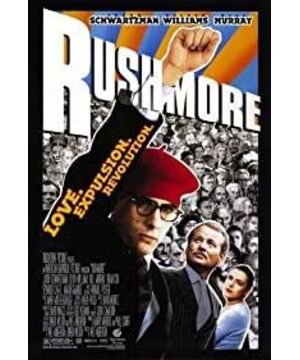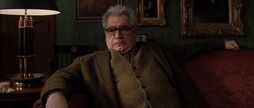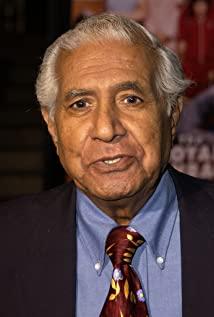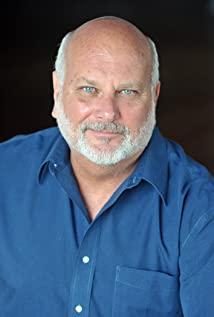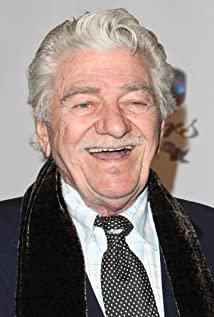Wes Anderson's highly saturated personal style is beginning to take shape. Max Fisher formed a club frantically, through a set of fast-paced editing, and connected with punk-style music to show Fisher's confusion. Some people say that "Youth and Younger" shows the freewheeling life of a genius boy. That really underestimates Wes Anderson. The movie uses so many details and various relationships between characters, all for one theme. Rather than doing whatever you want, the plot itself is not very attractive, and what the director wants to express is more intriguing. Compared with the inner storm, talent is really nothing. Fisher's genius is also to form clubs and filming. He spared no effort to consume his energy madly. It is precisely because the storm in his heart needs an exit. Every movement is static. The club is active, filming or static. Each of us has a certain degree of chaos in our hearts, and there is a certain partial defect. Many times we will want to express some unreasonable emotions, but we suppress it and suppress it, and it will not disappear. , We continue to bear these problems and hobble forward. The movie gave Fisher's inner chaos a source: the early death of his mother. Perhaps the lack of maternal love caused his inner chaos. Because he was not cared for when he was young, he wanted to be noticed very much when he grew up. This is why he was so popular in the club, but all of his studies failed, because his studies were so good. Not as high attention as the club. It is the lack of maternal love that led to his extreme desire for intimacy, which distorted his relationship with women, including Dirk's mother and Mary Cross. Both the characters and the audience in the play think that Fisher is close to women because of adolescent hormones, but it is not the case. When Mary Cross resigned, Fisher went to the classroom to look for her. Cross asked him what he wanted from her. Is it sex, lewd obscenity, or boasting talk to others? Fisher was obviously frightened. He had never thought about it. He just wanted to get close to her. He just wanted to establish the intimacy with her that he longed for and had been missing, and he himself thought this was love! The various conflicts that appeared in the first half of the film are manifestations of Fisher’s inner storm. When these inner problems broke out, they were naturally healed. Therefore, the second half of the film describes his relationship with all Human reconciliation, on the surface, is reconciliation with the people around you, but in fact it is reconciliation with yourself and inner harmony. This is somewhat of the director’s personal wishful thinking. The second half of the film is also slightly procrastinated and even repetitive. Even the surgeon who has only played once and was used as a light bulb by Cross has to reconcile. The director is afraid of Fisher’s heart. There is still a shadow, hard editing when it conflicts with the previous performance, The music is suddenly strengthened. Compared with the technique, it is completely different. Maybe the director wants to express a kind of stability after inner peace. This just shows that although Fisher has solved his inner problems, the director has not solved his own inner problems. I think that the subsequent processing can be more concise, especially the ending. The film will end when the Vietnam War stage play ends. This will end at the same time as the play in the play. It will be shocking and even more embarrassing. Who can tell which is? Drama, where is life?
View more about Rushmore reviews


